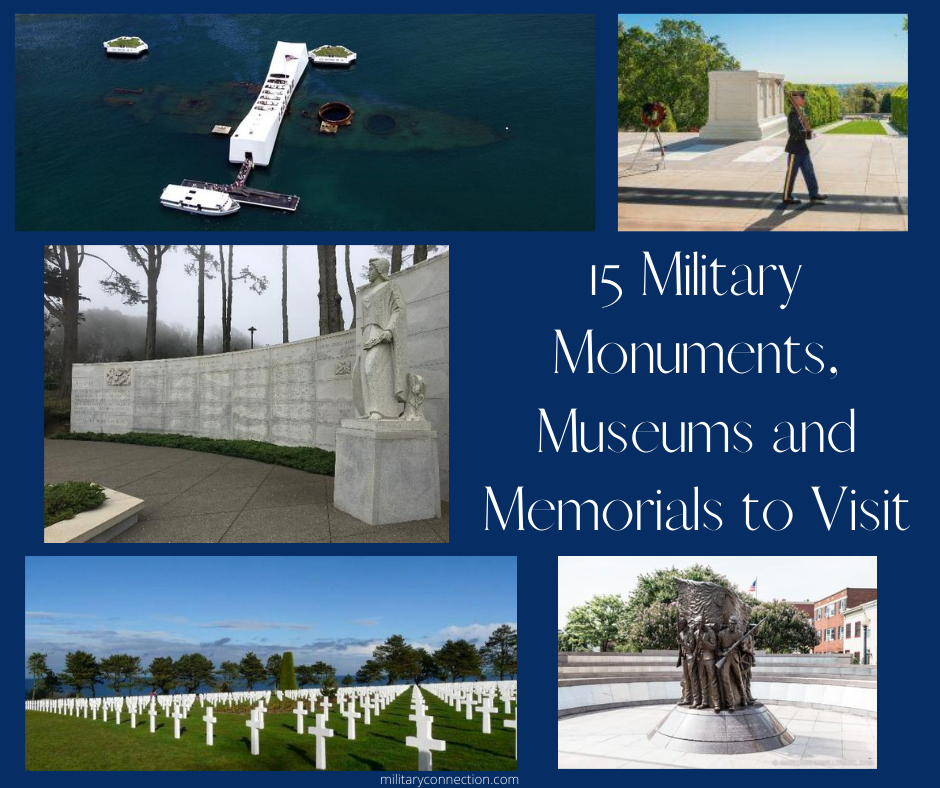
contributed by Liz Zaczek, senior staff writer
In a summer where many of us are staying closer to home or taking road trips to get out and about, visiting monuments, museums and memorials are the perfect way to add some history and a chance to honor our nation’s heroes to your day or vacation. There are many sites commemorating our nation’s soldiers across the United States, some more well known than others. No matter where your road trip takes you there’s likely at least one stop that can be added to your itinerary.
Here’s just a few by region (and internationally) for your consideration.
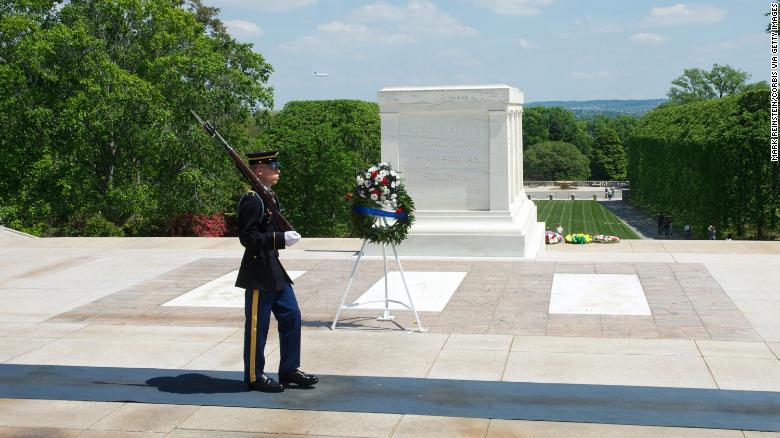
Tomb of the Unknown Soldier, Arlington, VA: No one knows for sure which American soldier rests under the Tomb of the Unknown Soldier at Arlington National Cemetery. The unidentified soldier died in France while fighting a World War I battle, and his remains were interred at the site of the Washington, D.C. monument in 1921. The unidentified soldier was chosen to represent the many American soldiers who lost their lives during World War I. Engraved on the snow-white marble tomb are the words, “Here rests in honored glory, an American soldier known but to God.” Eventually, an unknown soldier from World War II, the Korean War, and the Vietnam War were also interred (though the Vietnam soldier was eventually identified and moved by his family to a cemetery in St. Louis).
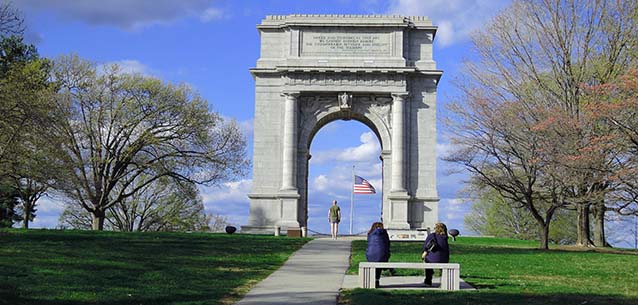
National Memorial Arch, King of Prussia, PA: The National Memorial Arch commemorates the difficult winter endured by General George Washington and his Revolutionary War forces when camped at Valley Forge. Paul Philippe Cret’s design for the 60-foot high arch was inspired by an arch built for the ancient Roman emperor Titus. Located in Valley Forge National Historical Park, the arch was dedicated in June 1917. Inscribed at the top is a quote from George Washington which refers to the winter his troops spent there: “Naked and starving as they are, we cannot enough admire the incomparable patience and fidelity of the soldiery.”
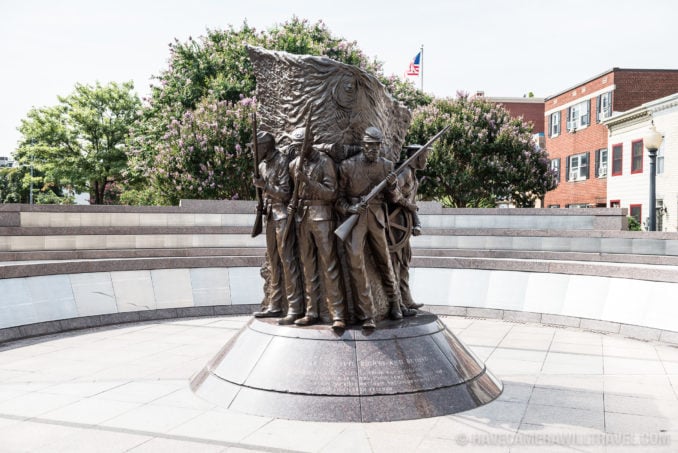
African- American Civil War Memorial, Washington D.C.: During the Civil War, more than 200,000 African-American soldiers served in the United States Colored Troops. The African American Civil War Memorial in Washington, D.C. tells the story of these 19th-century heroes and commemorates their service with a bronze statue titled “The Spirit of Freedom.” The memorial also includes a curved wall inscribed with the names of the men who fought in the war. The accompanying museum’s African American Civil War Memorial Registry documents the family trees of more than 2000 descendants of the people who served.
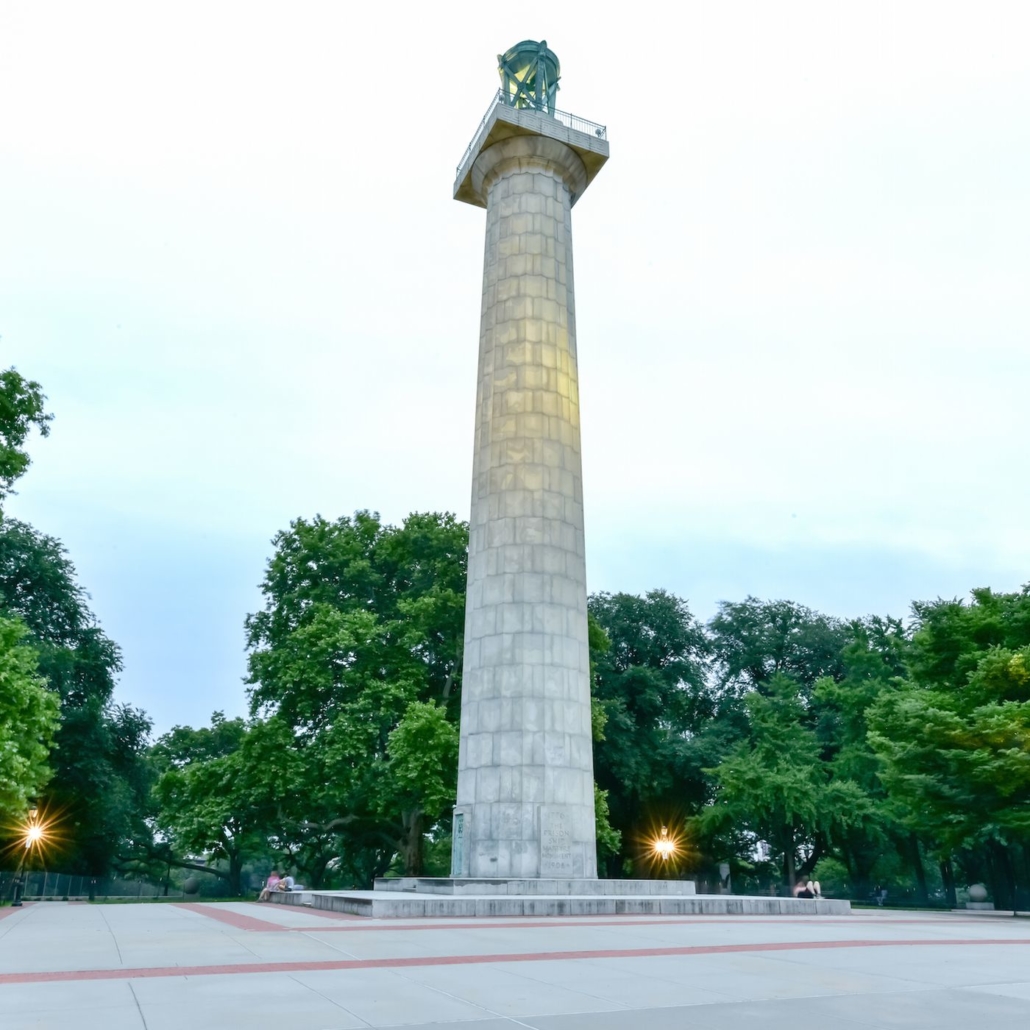
The Prison Ship Martyrs Monument, Brooklyn, NY: While it may not be one of the best known of the nation’s memorials, it honors the 11,500 American prisoners of war who died aboard British warships during the Revolutionary War. Some of the prisoners who died under the terrible shipboard conditions are buried underneath the monument. The monument’s granite Doric column was designed by Frederick Law Olmstead and Calvert Vaux, who designed both Manhattan’s Central Park and Brooklyn’s Prospect Park. The 100-foot column stands in Fort Greene, Brooklyn, and was dedicated in 1908.
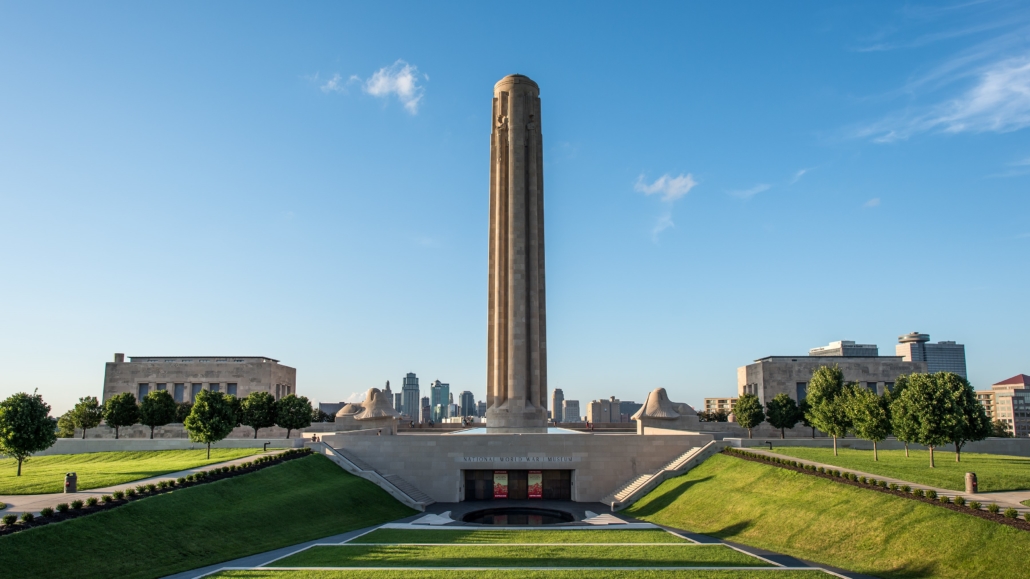
National World War I Museum at Liberty Memorial, Kansas City, MO: In 2006, Kansas City opened the nation’s official museum dedicated to World War I, recently refurbished to be the center of WWI centennial celebrations 2014. The Walk of Honor leads you down to the museum entrance; to pass into the exhibits, you walk over an encased field of poppies, the symbol of fallen soldiers in the war. Two theaters divide the war into pre- and post-American intervention to tell the entire complex story of the conflict. The most moving landmark in the city, if not the entire Midwest, take the time to explore the Exhibition and Memorial Halls (accessed by elevator at the end of the museum—ask for directions) with murals gifted to Kansas City from France. Climb Memorial Tower (the torch that emerges into the skyline) for the best view of the city.
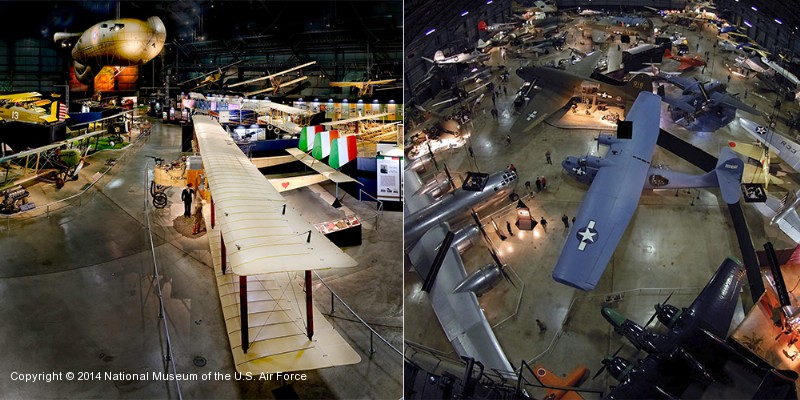
National Museum of the USAF, Dayton, OH: The museum includes several entire hangers of complete aircraft spread over several acres (and has an additional off-site hanger of previous Air Force One aircraft). It traces the history of the USAF from its earliest attempts at flight to the jet age to space exploration – and even a display of the evolution of ICBM’s (intercontinental ballistic missiles) from the Cold War. Numerous captured aircraft are included as well.
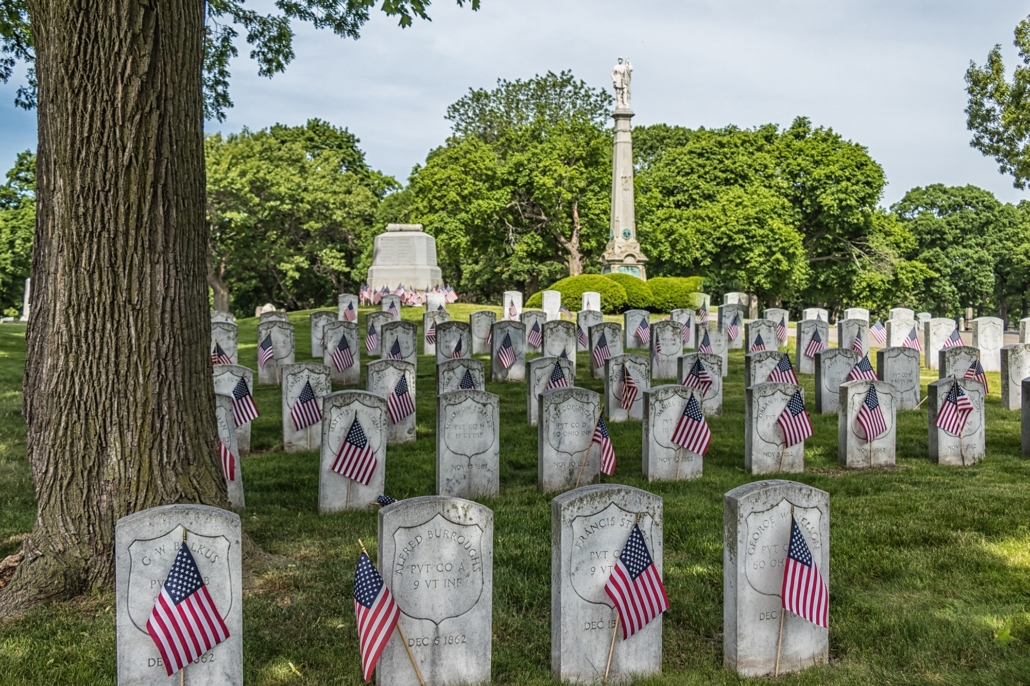
Rosehill Cemetery and Civil War Museum, Chicago, IL: Located on the city’s Northwest side, contains graves of fourteen Union generals, six drummer boys and hundreds of Civil War soldiers. A portion of the administration building is a dedicated Civil War museum featuring exhibits on the war, highlighting those buried there and Chicago’s role in the war. A detailed, two-hour tour of the cemetery can be taken with the Chicago Architecture Center, or you can explore the cemetery on your own.
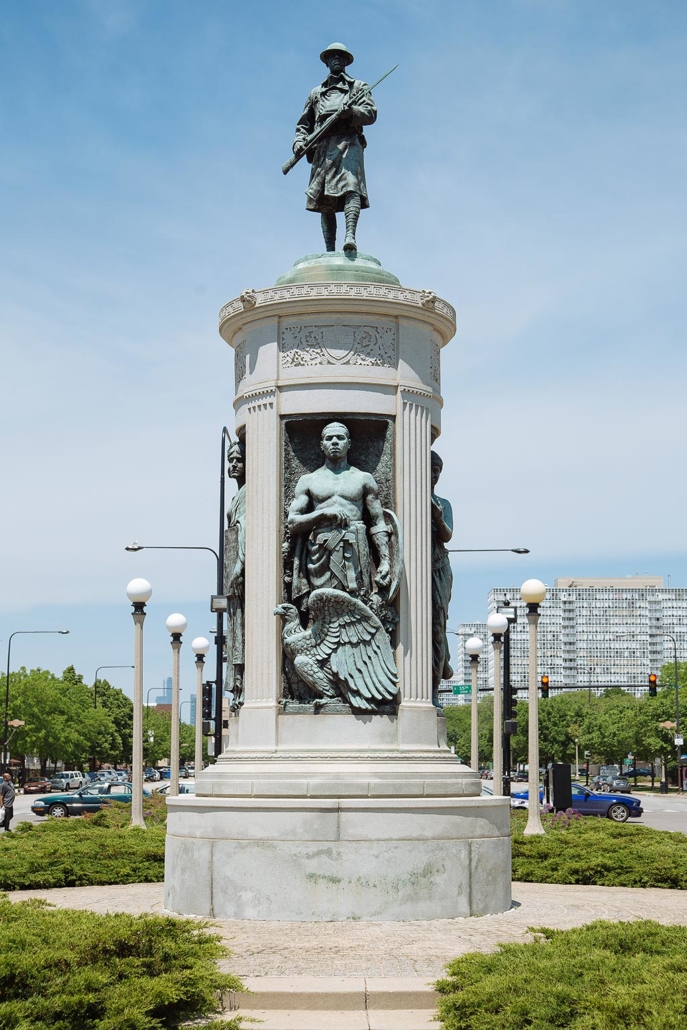
Victory Monument, Chicago, IL: The Leonard Crunelle-designed Victory Monument was created to honor the achievements of the Eighth Regiment of the Illinois National Guard, an African American unit that served in France during World War I. The monument in Bronzeville was dedicated in 1928 and is one of nine structures in the Black Metropolis-Bronzeville Historic District.
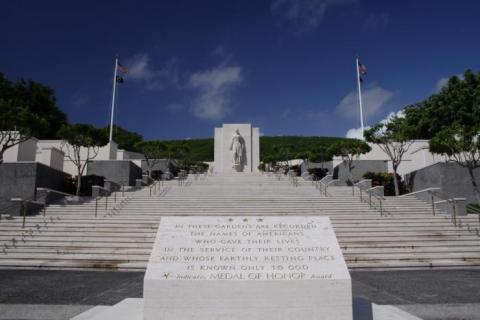
Honolulu Memorial, Honolulu, HI: The Honolulu Memorial is located within the National Memorial Cemetery of the Pacific in an extinct volcano near the center of Honolulu, Hawaii. The memorial was established by ABMC (American Battle Monuments Commission) to honor the sacrifices and achievements of American armed forces in the Pacific during World War II and the Korean War. The memorial grew in 1980 to include the missing of the Vietnam War, and it expanded further in 2012 with the addition of two new pavilions. One pavilion houses an orientation map of the memorial and the other includes two mosaic battle maps depicting the Vietnam War.
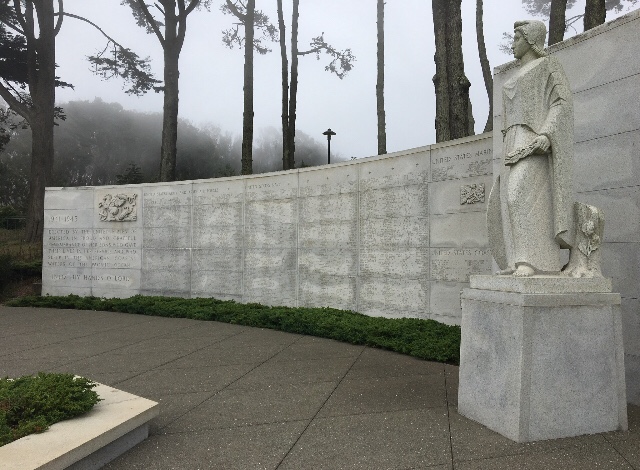
West Coast Memorial, San Francisco, CA: The World War II West Coast Memorial is located on a high ground overlooking the entrance to San Francisco Harbor. It is at the intersection of Lincoln and Harrison Boulevards in the Presidio of San Francisco, California near the southern edge of the Golden Gate Bridge. The memorial was erected in the memory of those soldiers, sailors, marines, coast guardsmen and airmen who met their deaths in the American coastal waters of the Pacific Ocean during World War II.
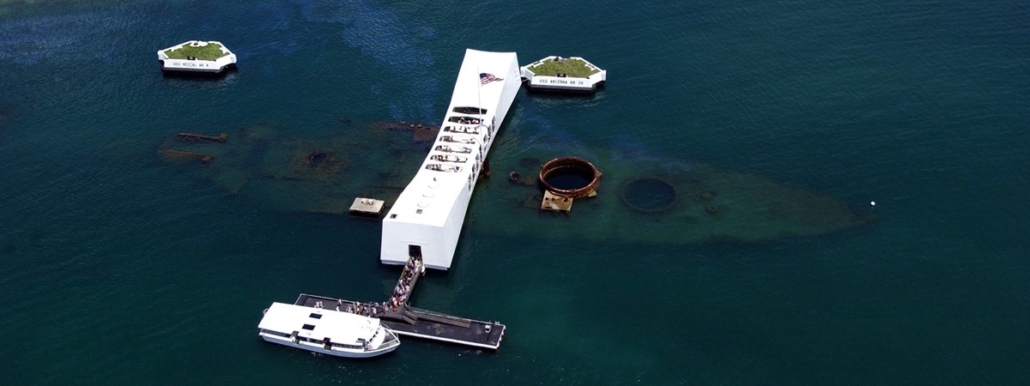
Pearl Harbor, Oahu, HI: Every December 7 at Pearl Harbor, there is a memorial to those who died in the attacks that day in 1941. Survivors gather here, though fewer every year remain alive. Oil still rises from where the USS Arizona lies in the harbor. The horrific events of December 7 are still a raw part of the history here. For history buffs, students, and all sorts of tourists, this is a “must visit” National Park on Oahu. Tickets to take the boat to the memorial are inexpensive (but do require an advanced booking) and there are several other activities and museums at Pearl Harbor to explore including a walk through the USS Bowfin.
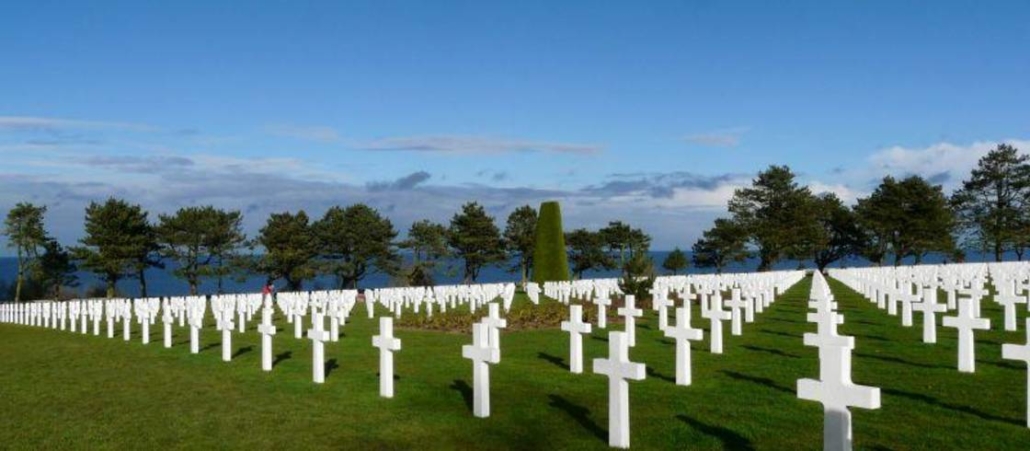
Normandy American Cemetery and Memorial, Collville Sue-Mer, France: The Normandy American Cemetery and Memorial in Colleville-sur-Mer is located on a bluff overlooking one of the beaches that U.S. troops landed on during the Normandy invasion of WWII. The 172.5-acre cemetery contains the graves of 9387 soldiers, many of whom lost their lives on D-Day. The memorial has a semicircular colonnade with a bronze statue in the center called the “Spirit of American Youth Rising From the Waves.” A garden to the east features inscriptions of the names of 1557 soldiers who lost their lives during the Normandy campaign but could not be found or identified.
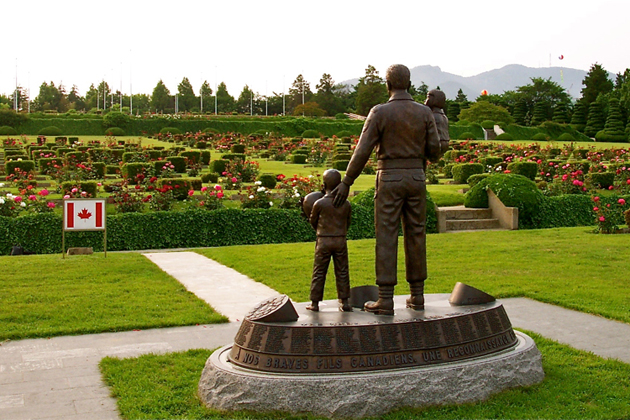
United Nations Memorial Park, Busan, South Korea: The United Nations Memorial Park in the South Korean city of Busan was dedicated in 2013. The memorial park contains 2300 graves of service members from 11 countries. Altogether, 1.7 million U.S. military personnel served during the Korean War, and although 33,739 died in battle, most were reinterred in the United States. Only 36 graves of U.S. soldiers remain in Busan; the American monument on the site reads, “This monument is to the American men and women who gave their lives in defense of the freedom of the Republic of Korea 1950-1953.” The park’s main gate, dedicated in 1966, illustrates the concept of Earthly life growing toward heaven.
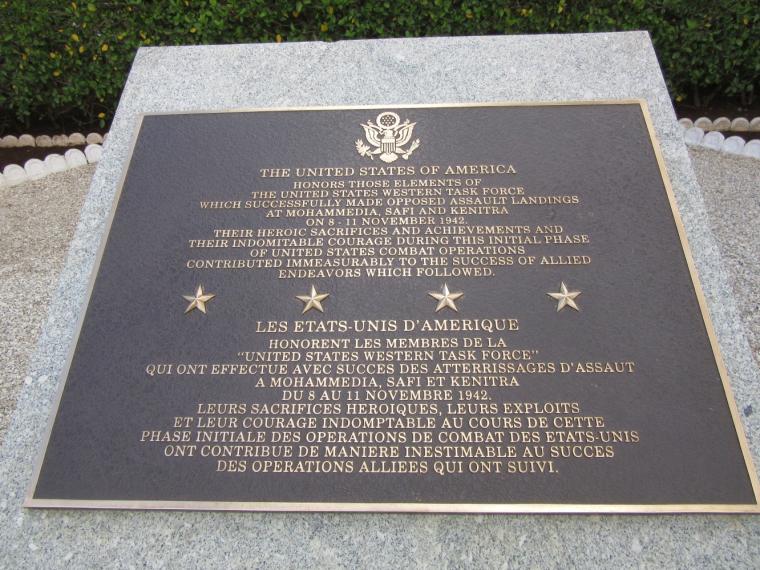
Western Naval Task Force Marker, Casablanca, Morocco: The Western Naval Task Force Marker in Casablanca, Morocco is located at the Ben M’Sik civilian cemetery. The bronze plaque, mounted on a solid block of Moroccan granite, commemorates the U.S. Western Task Force, which successfully made assault landings in Morocco at Mohammedia, Safi and Kenitra on November 8-11, 1942. This was the first ever trans-oceanic amphibious operation, which embarked from Hampton Roads, Va. and consisted of American troops that were transported and supported by 100 naval vessels. The landings were made near Casablanca on the Atlantic coast of French Morocco.
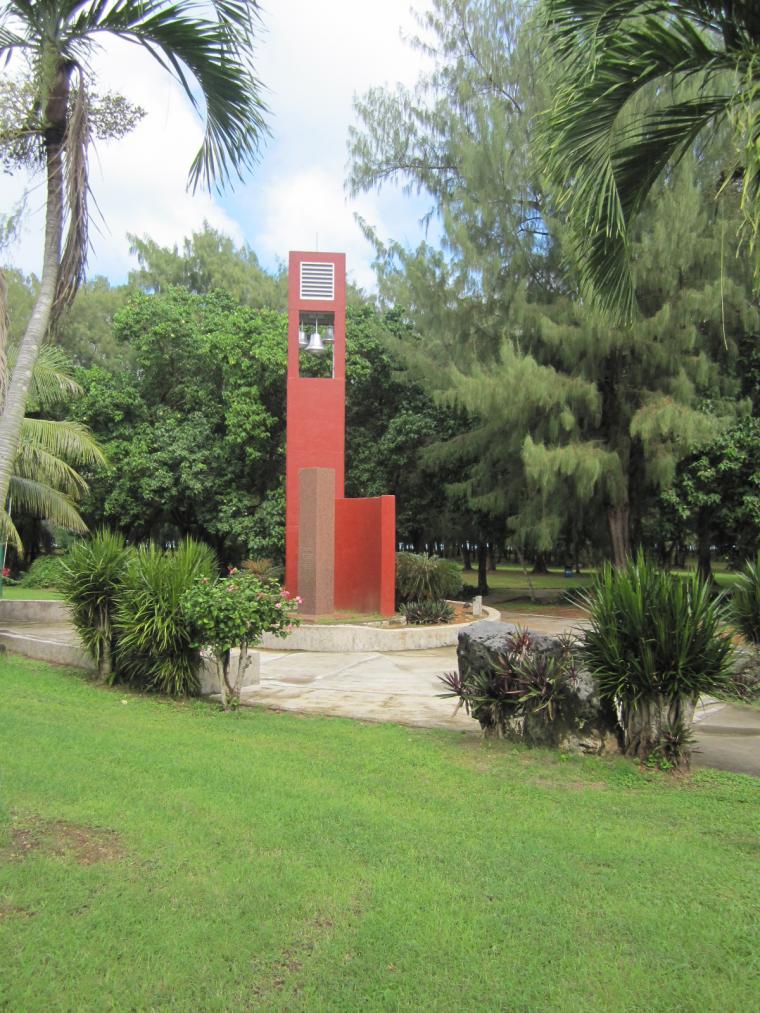
Saipan Memorial, Commonwealth of the Mariana Islands: The World War II Saipan American Memorial is located near the beach overlooking Tanapag Harbor on the Island of Saipan, Commonwealth of the Mariana Islands. It is a part of the American Memorial Park commemorating the Americans and Chamorro who died during the liberation of the Mariana Islands during World War II. Specifically, the memorial honors the 24,000 American marines and soldiers who died recapturing the islands of Saipan, Tinian and Guam during the period June 15, 1944 to August 11, 1944. The memorial consists of a 12-foot rectangular obelisk of rose granite in a landscaped area of local flora and a 20-foot tower to the north enclosing a carillon.
These are just a handful of the monuments, museums and memorials that can be found across the country and around the world. For more information and more locations visit the American Battle Monument Commission website.
© 2006-2020 Military Connection, Owned by BL, LLC. All rights reserved

 VEText Service
Scroll to top
VEText Service
Scroll to top